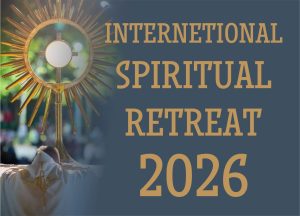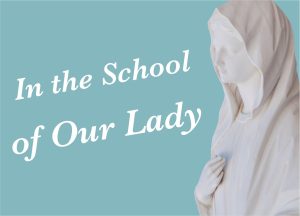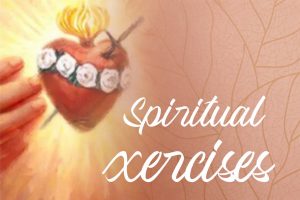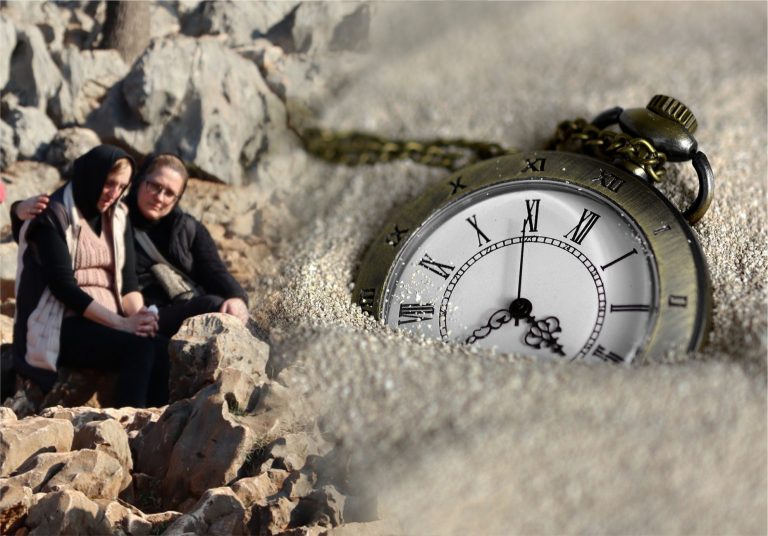Message from the Queen of Peace, January 25, 2026
“Dear children, Today, I am calling you to be prayer and a blessing for all those who have not come to know God’s love. Little children, be different from others and be positive people of prayer and love towards God, that with your lives, you may be a sign of God’s love to others. I bless you with my motherly blessing and intercede for each of you before my Son Jesus. Thank you for having responded to my call.”
(With ecclesiastical approval)






